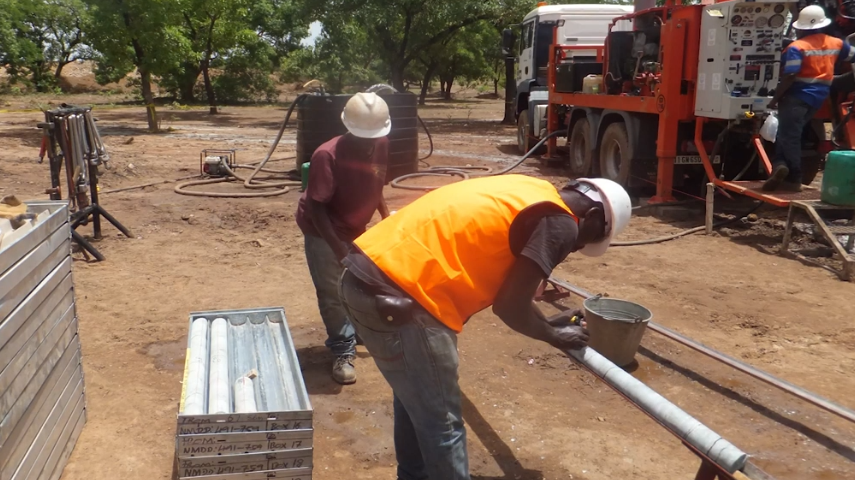
Chinese gold mining companies are on a buying spree in West Africa and South America, outbidding rivals for assets in less familiar regions as the governments in their usual hunting grounds turn against them.
China’s overseas mining M&A activity fell overall in 2020, Refinitiv data shows, but the number of acquisitions in the gold sector tripled from 2019 even though a surge in the gold market to record levels inflated premiums.

Bankers and lawyers predicted the focus would continue on the emerging economies that welcome Chinese investment as Australia, Canada, and the United States increase scrutiny of Chinese acquisitions.
Gold-rich regions in West Africa and South America have a particular draw for Chinese companies faced with dwindling resources at home and they are not limiting themselves to gold as they seek to become diversified global companies.
“We’ve seen China mining deal activity double over the past 12 months,” said Hilary Lau, partner and head of Asia energy at Herbert Smith Freehills in Hong Kong.
“Interest is now more evenly split between traditional targets such as gold and iron ore, and new economy metals such as lithium, cobalt and graphite.”
A Johannesburg-based banker, who declined to be named, said Chinese buyers were for the first time aggressively pursuing gold deals in Africa.
State-owned Shandong Gold Mining last year won a nine-month bidding war for Ghana gold mine developer Cardinal Resources, outbidding Russia’s Nordgold with a A$1.075 per share all-cash takeover offer – 134% more than Nordgold had initially offered for the company.
By contrast, its bid for Canada’s TMAC Resources, which mined gold in the sensitive Arctic region, was rebuffed by the Canadian government on national security grounds in December.
Shandong Gold Mining did not respond to a request for comment.
Chifeng Jilong Gold Mining has also ventured into Ghana, sealing a deal to buy Resolute’s Bibiani gold mine in December.
In a statement to Reuters, Chifeng Jilong Gold Mining said investment in developed countries, such as Australia and Canada, is “not active” because assets there are 10% to 30% more expensive than those in West Africa and South America, and mining companies in the less developed regions can do deals more quickly.
State financing is one of China’s advantages in carrying out overseas acquisitions, Chifeng Gold said, adding that it believes the Bibiani mine was bought at a “fully competitive price”.
China has also stepped up its activity in South America, where Zijin Mining acquired Guyana Goldfields and Colombia-focused Continental Gold in the space of five months last year.
Zijin outbid Silvercorp by 35% to clinch the purchase of Guyana Goldfields, and paid a 29% premium for Continental.
Zijin did not respond to a request for comment for this article.
The prices reflected a surge in the gold market, which climbed to a record in August and gained around 25% for the year, but other companies paid less.
Toronto-listed Endeavour Mining’s share price underperformed after it went on a buying spree, including agreeing to pay a 5.1% premium for Teranga Gold in an all-share deal in November.
One West African gold mining executive, who declined to be named, said Chinese companies move quickly and have easier access to cash.
“It’s like being in an auction with someone who doesn’t really care if they pay double what it’s worth – they keep bidding,” the executive said.
In all last year, Chinese miners spent $452 million acquiring gold miners or assets in the Middle East and Africa – nearly 60% of the overall outbound Chinese M&A spending in gold, and the highest market share for those regions since 2014, Refinitiv data shows. It does not break down the data into Africa and the Middle East.
(By Helen Reid, Kane Wu, Tom Daly and Zandi Shabalala; Editing by Barbara Lewis)
Comments